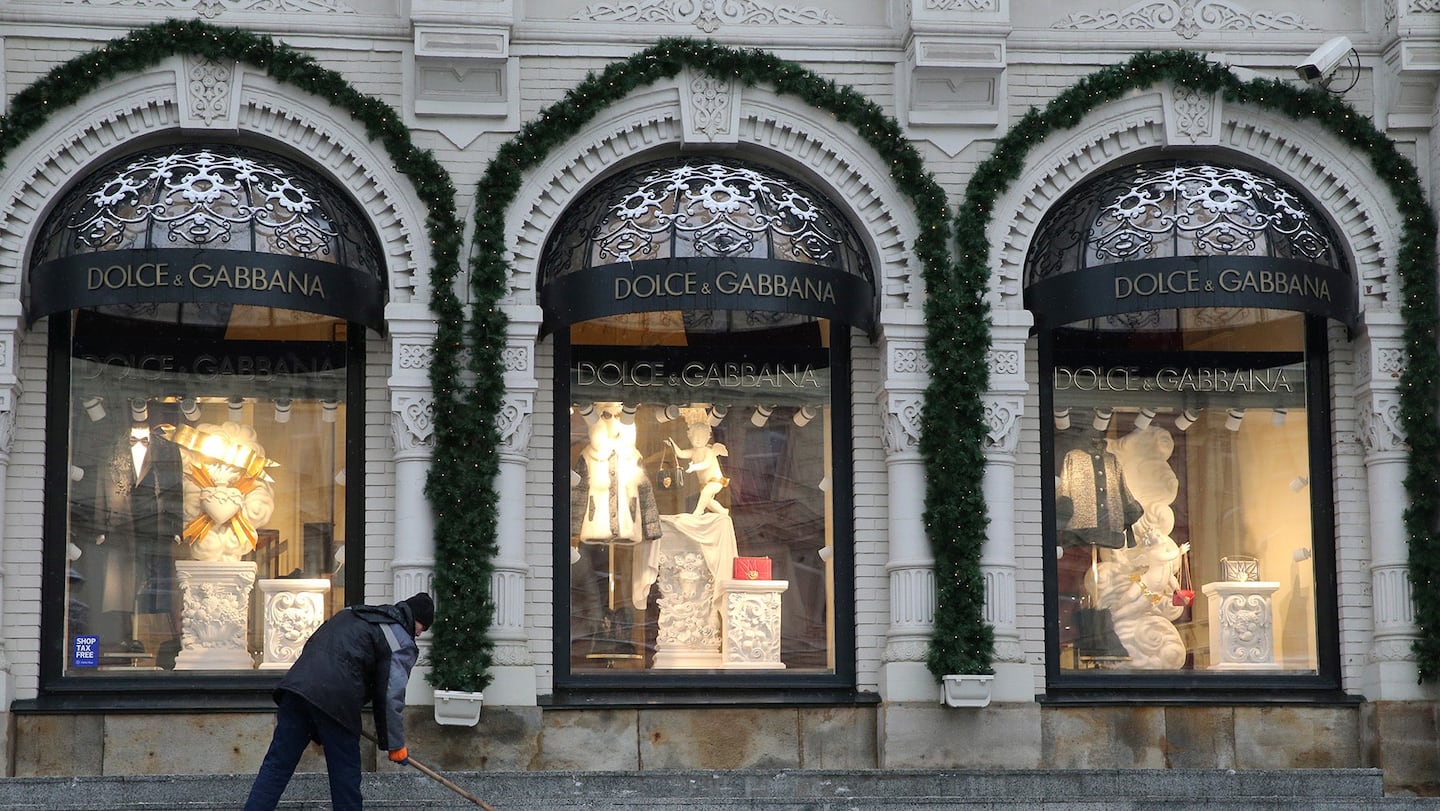
The Business of Fashion
Agenda-setting intelligence, analysis and advice for the global fashion community.

Agenda-setting intelligence, analysis and advice for the global fashion community.

The Italian luxury brand has closed its stores in Chengdu IFS, Shanghai IAPM Plaza and Nanning Mixc Mall, its official website confirms. D&G’s childrenswear store, located on the second floor of Chengdu IFS, is still open.
Sources familiar with the matter told local business media outlet Jiemian that D&G is changing its store location, rather than moving out of Chengdu IFS altogether. The brand has not immediately responded to BoF’s request for comment, but the move away from the high-profile storefront location reflects its current predicament in the Chinese luxury market.
In the wake of D&G’s controversial #DGLovesChina marketing campaign in 2018 and ensuing fallout that resulted in a wider boycott of the brand among consumers and influencers, the business made a series of personnel and strategic changes in an attempt to revive sales in the Chinese market.
In October 2019, the brand announced the appointment of Carlo Gariglio as president and CEO of the Asia Pacific region, with Shanghai and Hong Kong as his main bases. The founders, Stefano Gabbana and Domenico Dolce, reportedly visited China in 2019 to visit authorities and take cultural trips to Xi’an, Beijing and Shanghai to learn about Chinese culture. In the same year, D&G participated in the Chinese International Import Expo and promised to continue to participate actively in the next three years.
But past missteps continue to plague D&G. Last year, the brand closed its flagship store in Beijing’s Yintai Centre and its boutique on Shanghai’s East Nanjing Road. Currently, the brand operates seven stores in mainland China; its products still can’t be found on e-commerce platforms like Tmall, JD.com and Secoo.
With consumers tightening their belts in China, the battle between global fast fashion brands and local high street giants has intensified.
Investors are bracing for a steep slowdown in luxury sales when luxury companies report their first quarter results, reflecting lacklustre Chinese demand.
The French beauty giant’s two latest deals are part of a wider M&A push by global players to capture a larger slice of the China market, targeting buzzy high-end brands that offer products with distinctive Chinese elements.
Post-Covid spend by US tourists in Europe has surged past 2019 levels. Chinese travellers, by contrast, have largely favoured domestic and regional destinations like Hong Kong, Singapore and Japan.